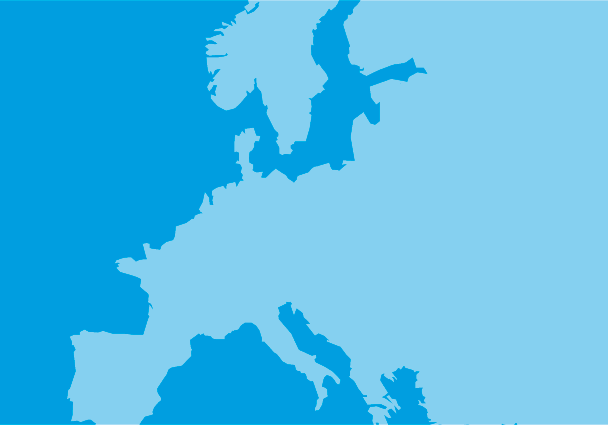Today, the ICJ released a report of a mission entitled « The Independence of Judges and Lawyers in the Republic of Turkey ».
The ICJ calls on the Turkish government to adopt as soon as possible the 70 recommendations contained in the report for reform of the legal system. It also calls on the World Bank and international financial institutions to give priority to legal reform, including guarantees of judicial independence, in their Turkey programs.
The report is especially critical of the near total failure of domestic procedures for the investigation, prosecution and punishment of State officials who commit acts of torture. This permits police brutality and torture to persist with impunity. While the report notes that the Turkish government has recently taken measures to strengthen human rights, much needs to be done before Turkey’s human rights performance is brought into line with its international obligations.
Criminal offences such as « insulting the Law », « insulting the State » or « insulting the Army » are not consistent with a State which respects human rights. The mission noted that « In a democratic society, the law, the State and the Army exist to serve the people, not to require reverence from them. The challenge for Turkish lawyers and judges is to translate their theoretical aspirations into practical change for the better ».
The mission noted recent positive developments including the removal of military judges from State Security Courts, the reduction in pre-trial detention periods and an increase in penalties for members of the security forces convicted of involvement in torture. It also welcomed the finding that corruption was apparently not a critical issue in the administration of justice.
The Mission to Turkey in November 1999 was composed of Frank Orton, a former judge and Ombudsman from Sweden, Rodney Madgwick, a judge of the Federal Court of Australia and Paul Richmond, a London-based barrister. The delegation met with the Minister of Justice, Prof. Dr. Hikmet Sami Turk as well as with other government officials and judges, prosecutors, bar associations, human rights organizations and physicians. It was tasked with examining specific legislation, the operation of the legal system, the legal protection of human rights, the independence of judges and lawyers and the prosecution of suspected perpetrators of human rights violations.
In an annex to the Report, the Turkish government has responded to the ICJ findings. The Report will be published in Turkish in the near future.




